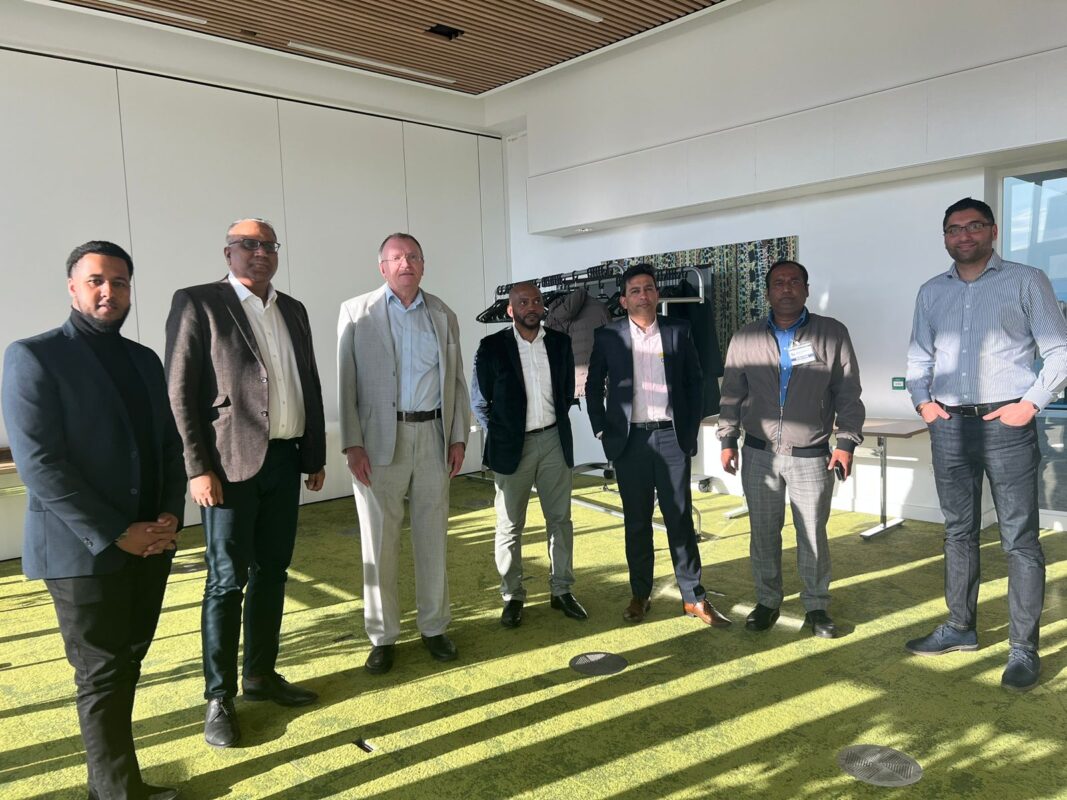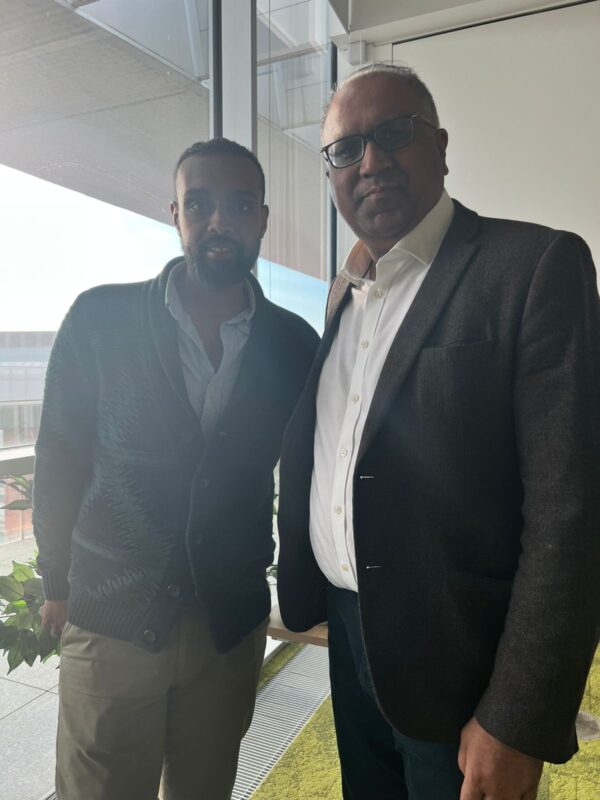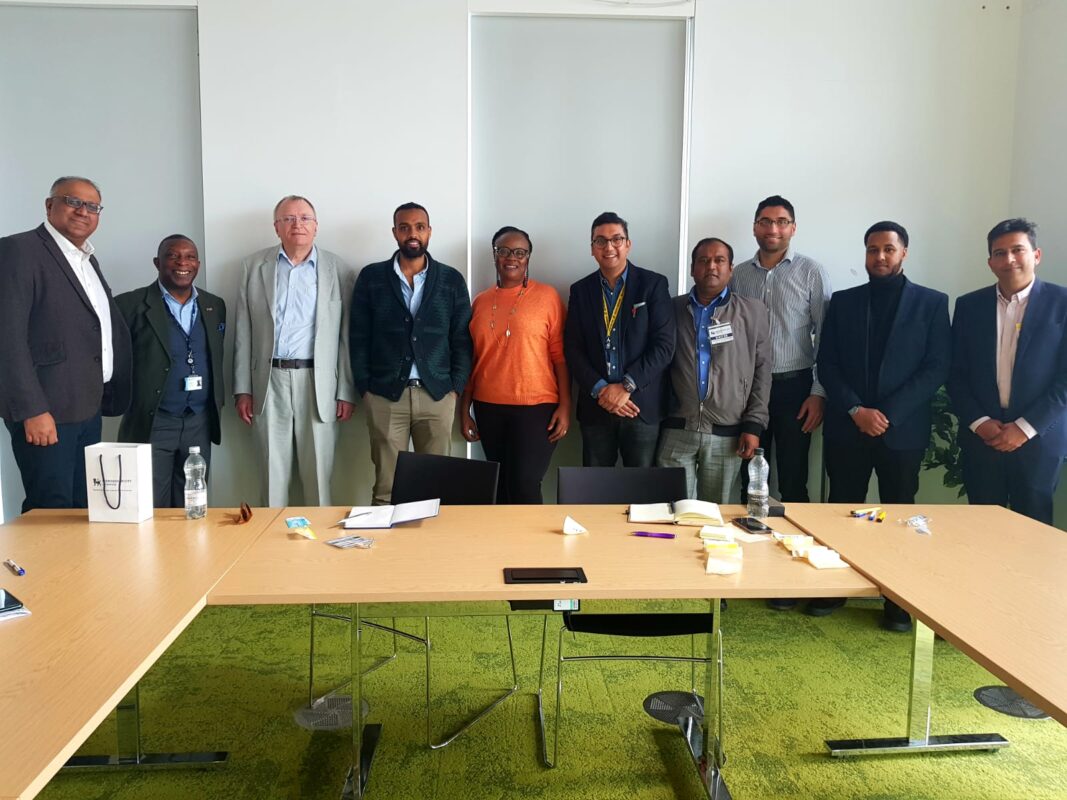Political Institutions Urged to Foster Unity Through Shared Values.

In a roundtable discussion Chaired by Raaj Shamji from Birmingham City University with special guest from London – Mohammad Y Ali who is the Vice Chair of the Conservatives Party and leads on Faith and Communities initiatives.
The selected Conservative party members from West Midlands highlighted the importance of not dividing communities and fostering unity among diverse groups. They emphasised the need for a strategic, inclusive, and unifying approach to engage with communities in the West Midlands that traditionally do not support the Conservative Party.

Safaraz Ali, CEO of Pathway Group and chief supporter of Masala Monday networking event stressed the importance of such programmes to build trust and work together as Conservatives. He expressed that conservatism can simply bring diverse communities together, rather than thinking of other ways to bring communities together.
Inclusivity was another crucial aspect discussed, with delegates highlighting the need for engagement efforts to be inclusive of all age groups, not just youth.
Recognising hardworking activists in the West Midlands was another issue raised with Mohamad Y Ali, Vice Chair of the Conservatives, by Raaj Shamji from Birmingham City University that the party needs a calling for mechanisms to identify and recognise active citizens. The Conservative Campaign Headquarters (CCHQ) was urged to establish connections with activists in the region.
Delegates also noted that recent migrants have adopted Conservative values but may not know how to connect with the Party. Additionally, some communities have lost trust with the Party as engagement seems to only happen during election times. Delegates stressed that engagement should occur outside of election periods.
Delegates pointed out that there are economic opportunities in their countries of origin that the Party could engage with, but affiliated groups may not be aware of them. They also expressed that certain communities stay in the background as they do not know how to engage with the Party effectively. Local associations may not be perceived as effective avenues for engagement, but neither are the London-centric affiliated groups.
The need for bold moves, such as the Eton School in Dudley, was also mentioned to build trust with the Party. Delegates suggested better engagement with Combined Authorities Faith forum for certain individuals and certain challenges. Some delegates expressed that Conservatives do not have a strong voice in the West Midlands, even though there are more Conservatives in the region than in London.
Delegates stressed that senior politicians should avoid divisive rhetoric that can isolate communities. They emphasised the need for a strategic approach to engage with communities that traditionally do not support the Conservative Party, and that there should be no “no-go zones” in the West Midlands.
Finally, delegates highlighted the lack of mechanisms to connect communities with conservative values to the Party. It was suggested that creating a list of common values in a concise takeaway sheet could help address this issue.

In conclusion, the delegates urged political institutions to take note of the West Midlands and take a more unified approach for communities that are inherently Conservatives. They emphasised the importance of recognising activists, fostering trust, avoiding divisive rhetoric, and engaging with communities beyond election times. The voluntary party structure was suggested as an effective means of engagement, and delegates called for meaningful engagement efforts that go beyond donations.
For more from Safaraz Ali please visit











Responses